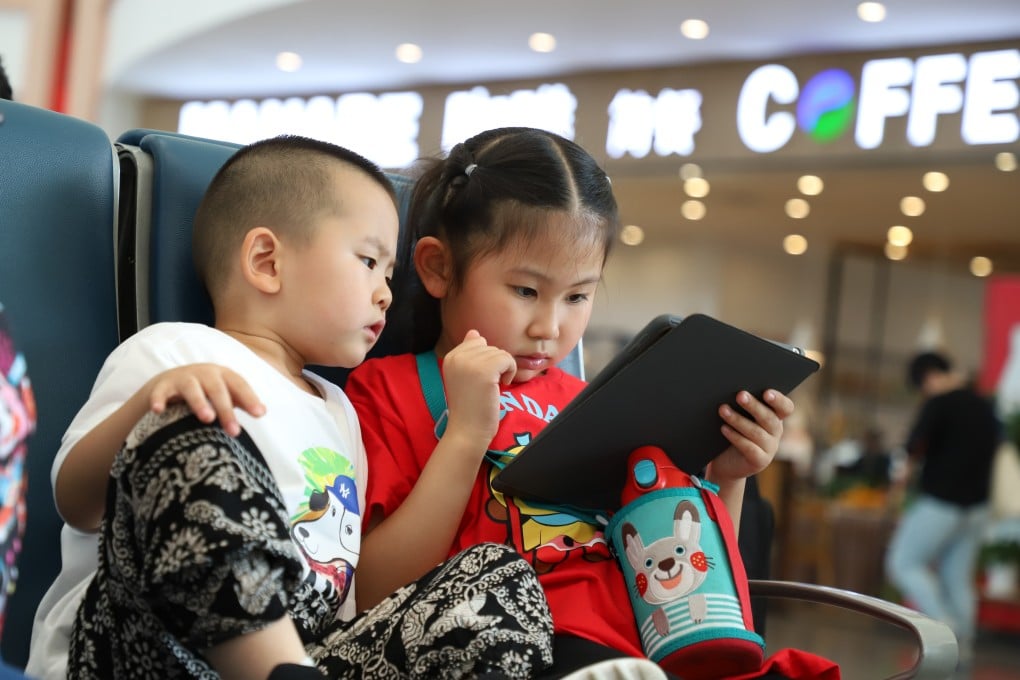China’s video gaming market suffers a cold summer as sales drop to lowest level in seven months amid weaker economy
- Total sales in China’s video gaming market dropped 21.91 per cent to 20 billion yuan (US$2.79 billion) in August, traditionally a hot month
- The world’s largest video gaming market has been hit by tougher regulations, a slowing economy and a shrinking user base

Sales in China’s video gaming market have dropped to the lowest level in at least seven months amid a weaker economy and shrinking user demand, with the mobile gaming sector plunging by nearly 30 per cent in August, according to a new report.
Total sales in China’s video gaming market dropped 21.91 per cent to 20 billion yuan (US$2.79 billion) in August, on the back of shrinking gaming time and less consumer spending, according to a report released last Friday by research firm Gamma Data.
Mobile game sales, which account for the majority of revenue in the world’s largest gaming market, slumped 27.45 per cent to 14 billion yuan. This marked a further drop from last month’s decline of 19.60 per cent, which was already the “biggest ever downturn” in China’s mobile gaming market, according to Chinese video game media GameLook.
The world’s largest video gaming market has been hit by tougher regulations, a slowing economy and a shrinking user base, ending nearly a decade of rampant growth.
In the first half of 2022, combined revenue in China’s video gaming market decreased 1.8 per cent year on year, marking the first decline since 2008, while the number of gamers fell to 665.69 million at the end of June from 666.57 million last December, according to an earlier report by the Game Publishing Committee of the China Audio-Video and Digital Publishing Association.